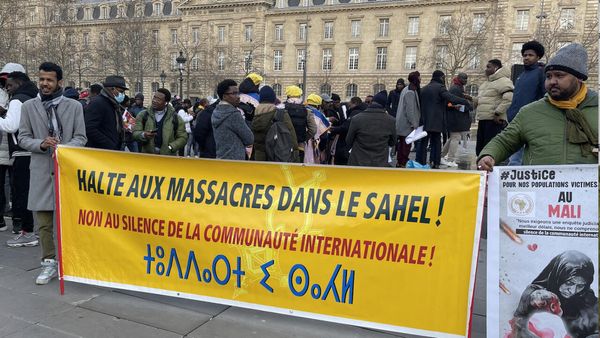
Israel's war against Hamas in Gaza has entered a new phase, with Defense Minister expressing that it will soon transition to targeted operations. This follows the withdrawal of an elite IDF division from the Gaza Strip. However, there is disagreement within the Israeli government regarding this approach. National Security Minister Ben Gavir, known for his anti-Arab views, opposes the decision to remove Israeli troops, warning that it will lead to loss of human lives.
The situation in Gaza is further complicated as the residents face the harsh reality of winter alongside the ongoing conflict. The United Nations has declared that Israel's operation in the region has rapidly brought about famine, exacerbating the suffering of hundreds of thousands of Palestinians who are already struggling to find enough food.
The shifting war strategy by Israel comes in response to pressure from the Biden administration, encouraging more targeted and precise operations to minimize civilian casualties. The United States wields significant influence over Israel, regardless of the political party in power, due to the long-standing crucial relationship between the two countries.
During recent visits to Israel and Saudi Arabia, the US representatives met with senior Israeli officials to discuss the situation. The Israeli war cabinet, as expressed in these meetings, showed a strong determination to degrade and destroy Hamas. The officials underscored that the ongoing attacks by Hamas have been the main trigger for the dire conditions faced by the Palestinian population, discrediting Hamas for misusing aid and using civilians as shields.
In previous weeks, Egypt put forth a proposal for an immediate ceasefire, suggesting that Israel release Palestinian prisoners in exchange for the return of Israeli hostages and the surrender of power by Hamas. However, Reuters reported that Hamas rejected this offer, further prolonging the conflict.
U.S. Secretary of State Antony Blinken recently announced that Arab nations, including Saudi Arabia, are willing to take unprecedented steps in their relationship with Israel. This could potentially open avenues for a negotiated settlement. In meetings with Saudi leaders, the Crown Prince expressed a willingness to consider a potential ceasefire and emphasized the need for concessions that would benefit the Palestinian people.
The ongoing conflict and the receptive stance of some Arab leaders, despite the challenges posed by recent events, hint at the possibility of diplomatic progress and a potential resolution. The hope remains that a leader will emerge in the region to put a halt to the fighting and pave the way for lasting peace. Regardless of political affiliations, the primary objective should be to achieve peace for Israel and its neighbors.







